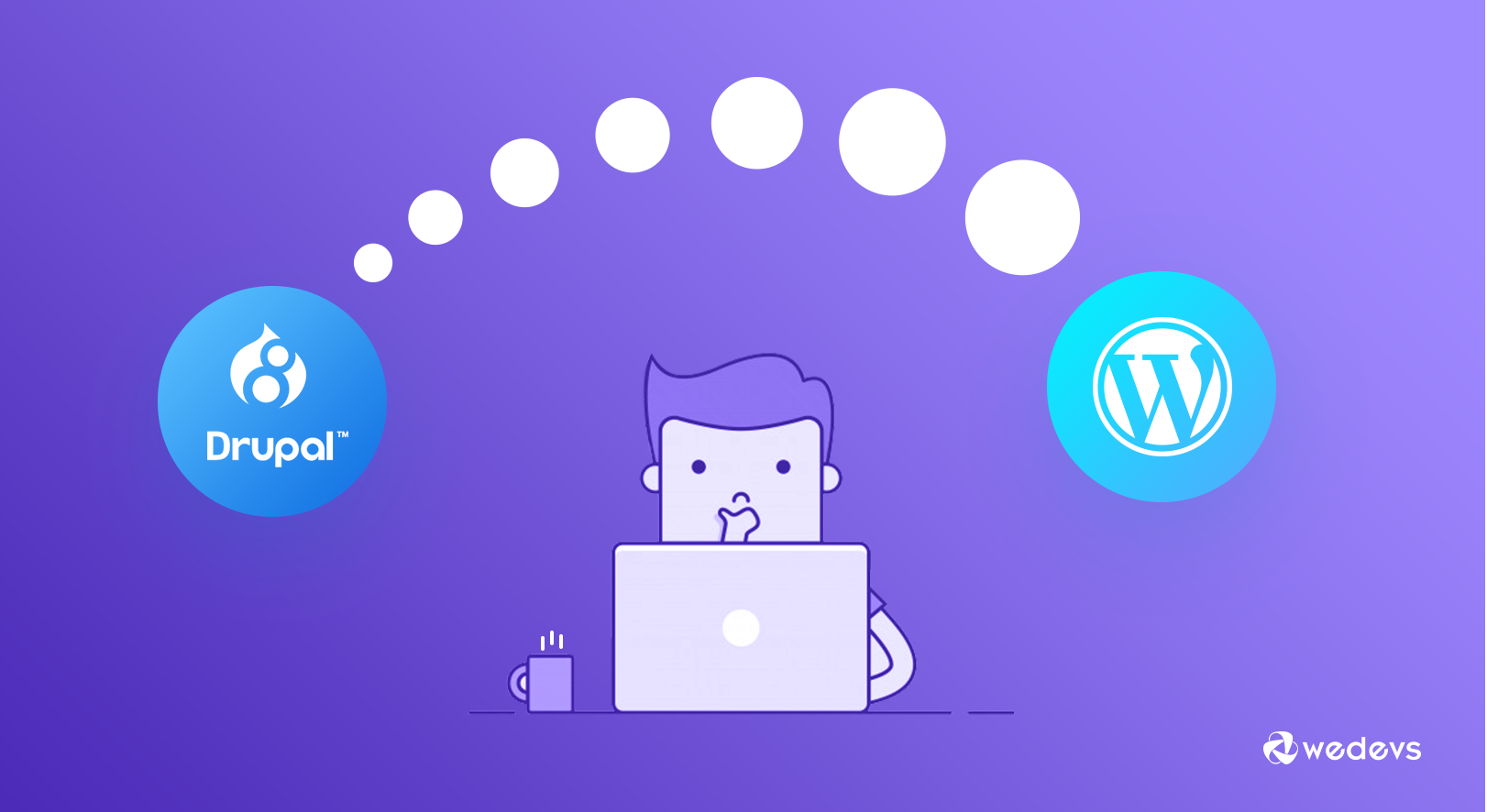Drupal and WordPress are two popular content management systems (CMS) that have been widely used by businesses and individuals to create and manage their websites. While both platforms have their strengths, there are several reasons why migrating from Drupal to WordPress may be a beneficial move for your website.
In this article, we will explore some of the key advantages of making the switch and highlight the benefits of WordPress as a CMS.
WordPress Offers Ease of Use and Flexibility
One of the primary reasons why many website owners choose WordPress is its user-friendly interface and intuitive design. WordPress offers a simple and straightforward dashboard that allows even non-technical users to manage their websites efficiently.
On the other hand, Drupal has a steeper learning curve and can be more complex to navigate, especially for beginners. WordPress also provides a vast range of themes and plugins, offering greater flexibility and customization options compared to Drupal.
WordPress Has Extensive Plugin and Theme Ecosystem
WordPress boasts a massive library of plugins and themes that can enhance the functionality and appearance of your website. Whether you need an e-commerce solution, SEO tools, contact forms, or social media integration, you can find a plugin that suits your requirements. The extensive plugin ecosystem ensures that you can easily add new features to your WordPress site without the need for extensive coding. Drupal, although offering some plugins and themes, falls short in comparison to the vast options available in the WordPress ecosystem.
WordPress Has Strong Community Support
WordPress has a vibrant and active community of developers, designers, and users who contribute to its growth and improvement. The community offers extensive documentation, tutorials, forums, and support channels that can help you troubleshoot issues, learn new techniques, and stay up to date with the latest trends. Drupal also has a community, but it is relatively smaller compared to WordPress, which means you may have limited resources and assistance available when encountering problems.
WordPress is SEO-Friendly
WordPress is renowned for its search engine optimization (SEO) capabilities, with several built-in features and plugins that help improve your website’s visibility in search engine results. From clean and optimized code to customizable permalinks and SEO plugins like Yoast SEO, WordPress provides robust tools to optimize your content and boost your organic rankings. While Drupal does offer some SEO capabilities, WordPress is widely regarded as the more SEO-friendly platform.
WordPress Offers Seamless Content Management
Content management is a crucial aspect of any website, and WordPress excels in this area. With its intuitive editor and user-friendly interface, WordPress makes it easy to create, edit, and publish content. The built-in blogging functionality is especially useful for websites that focus on content marketing. Drupal, while capable of managing content, can be more complex and require additional customization to achieve similar ease of use.
WordPress Has Wide User Base and Market Share
WordPress is the most popular CMS globally, powering over 40% of all websites on the internet. Its widespread usage means that there is an abundance of resources, tutorials, and expertise available if you choose to migrate to WordPress. With a large user base comes continuous development and improvement, ensuring that the platform remains secure and up to date.
Conclusion
In conclusion, while Drupal is a robust CMS with its own strengths, migrating from Drupal to WordPress can offer several advantages for your website. The ease of use, extensive plugin and theme ecosystem, strong community support, SEO-friendliness, seamless content management, and the wide user base of WordPress make it a compelling choice for many website owners. If you are considering a migration, make sure to plan the process carefully, backup your data, and consult with experienced professionals to ensure a smooth transition.
